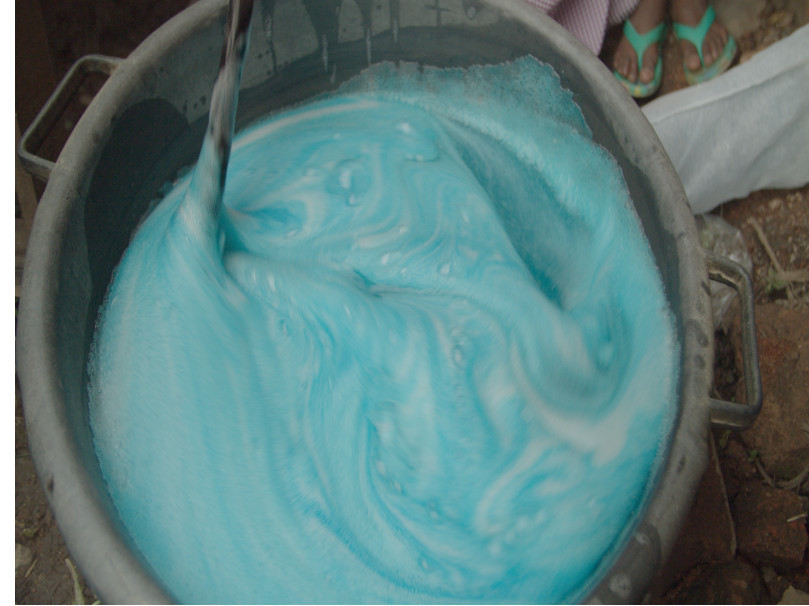

🧼 Soap Making: Empowering Women through Liquid Soap Production

Training and Skill Development
KWEN identified women interested in soap making and provided them with comprehensive training on the craft. This training equipped them with the knowledge and skills necessary to produce high-quality liquid soap, a product in high demand across Kenya due to its multipurpose nature and affordability.

Ingredients and Entrepreneurship
Initially, ingredients for soap making were sourced from Nairobi. However, KWEN's initiative has also fostered entrepreneurship among the women by creating a network of wholesalers who now supply soap making ingredients. This development has streamlined the production process, making it more efficient and cost-effective.
Market Access and Income Growth
The trained women have successfully secured contracts with various institutions such as churches and schools to supply their soap products. This strategic market access has significantly increased their income, empowering them financially and enhancing their economic independence.
The soap, being a staple in many households for cleaning purposes, ensures a steady demand, thereby guaranteeing a consistent income stream for the women involved.
Impact and Sustainability
The soap making initiative not only supports economic recovery but also plays a role in combating gender-based violence by providing women with the means to stand on their own economically.
Moreover, the creation of local entrepreneurs who supply ingredients supports the sustainability of the project, ensuring that the benefits are retained within the community.
Conclusion
KWEN's soap making project exemplifies how targeted skill development and entrepreneurship can transform lives. By empowering women with the skills to produce and market liquid soap, KWEN contributes to their economic empowerment, enhances community development, and fosters a sustainable economic model that benefits both the individuals involved and the broader community.
